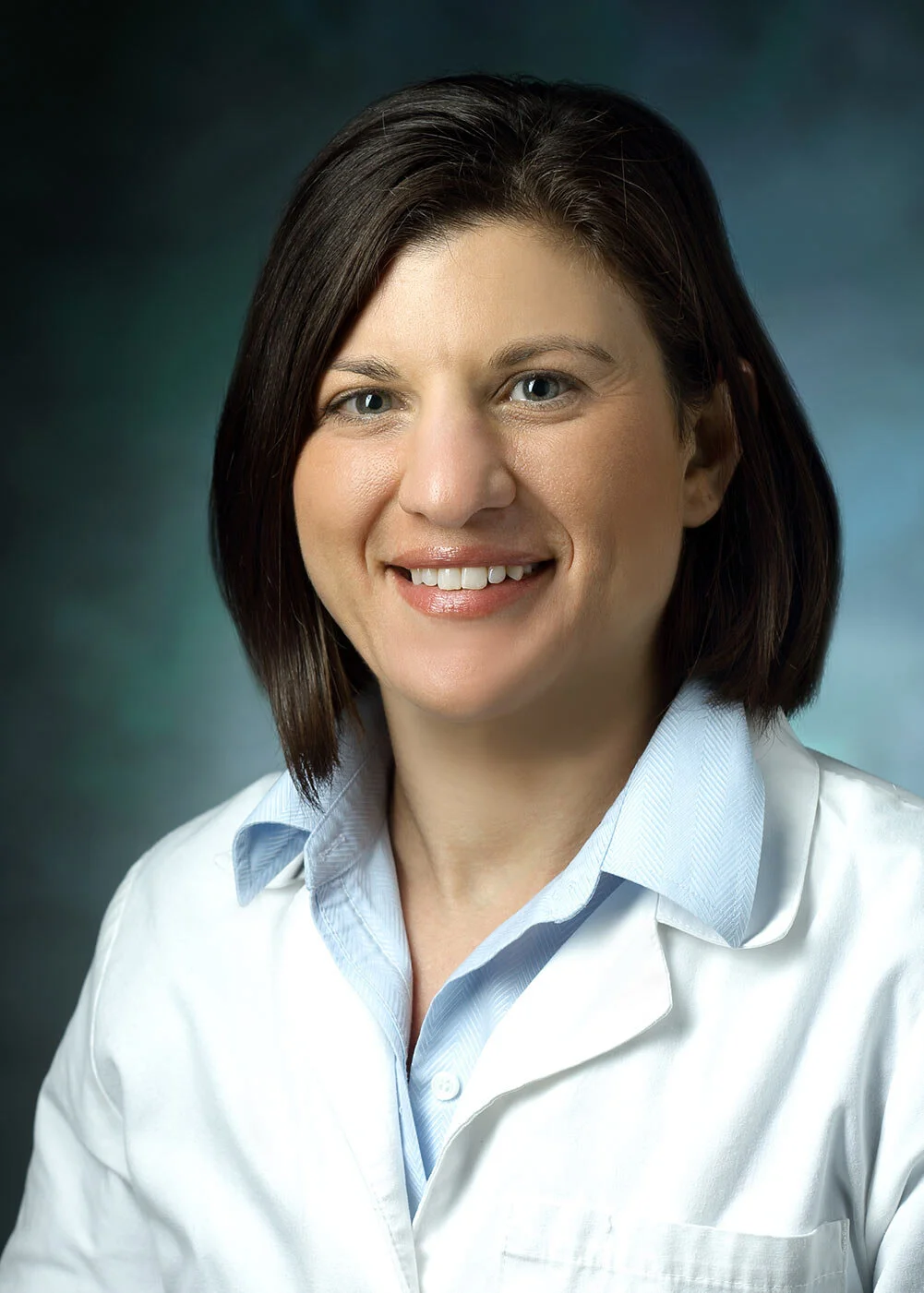Assistant Professor
Oncology Department, Johns Hopkins School of Medicine
RESEARCH OVERVIEW
Our lab is part of the Women’s Malignancy Program at the Johns Hopkins School of Medicine. Our research is focused on cancer metastasis. Of all deaths attributed to cancer, 90% are due to metastasis, and treatments that prevent or cure metastasis remain elusive. Emerging data indicate that low oxygen tension (hypoxia), which occurs in most solid tumors, alters the biophysical and biochemical parameters of the extracellular matrix within a tumor. Our work is focused on how these alterations provide cells with a license to metastasize. We are a dynamic and creative lab group that always likes a good challenge. We use 2D and 3D model systems for in vitro investigations. We have also generated novel transgenic mice for metastasis studies in vivo. Our goal is to prevent any future deaths due to breast cancer.
Cancer Biology | Cellular Stress and Cell Signaling | Genetics, Genomics and Gene Regulation
Selected Publications
Godet I, Mamo M, Thurnheer A, Rosen DM, Gilkes DM. Post-Hypoxic Cells Promote Metastatic Recurrence after Chemotherapy Treatment in TNBC. Cancers (Basel), 2021.
Mamo M, Ye IC, DiGiacomo JW, Park JY, Downs B, Gilkes DM. Hypoxia Alters the Response to Anti-EGFR Therapy by Regulating EGFR Expression and Downstream Signaling in a DNA Methylation-Specific and HIF-Dependent Manner. Cancer Research, 2020.
DiGiacomo JW, Godet I, Trautmann-Rodriguez M, Gilkes DM. Extracellular Matrix-Bound FGF2 Mediates Estrogen Receptor Signaling and Therapeutic Response in Breast Cancer. Molecular Cancer Research, 2021.
Godet I, Shin YJ, Ju JA, Ye IC, Wang G, Gilkes DM. Fate-mapping post-hypoxic tumor cells reveals a ROS-resistant phenotype that promotes metastasis. Nat Communications, 2019.
Ye IC, Fertig EJ, DiGiacomo JW, Considine M, Godet I, Gilkes DM. Molecular Portrait of Hypoxia in Breast Cancer: A Prognostic Signature and Novel HIF-Regulated Genes. Molecular Cancer Research, 2018.
Learn More
NCBI Bibliography | Faculty Profile | Lab Website | Google Scholar | Twitter | ResearchGate | LinkedIn | Addgene

